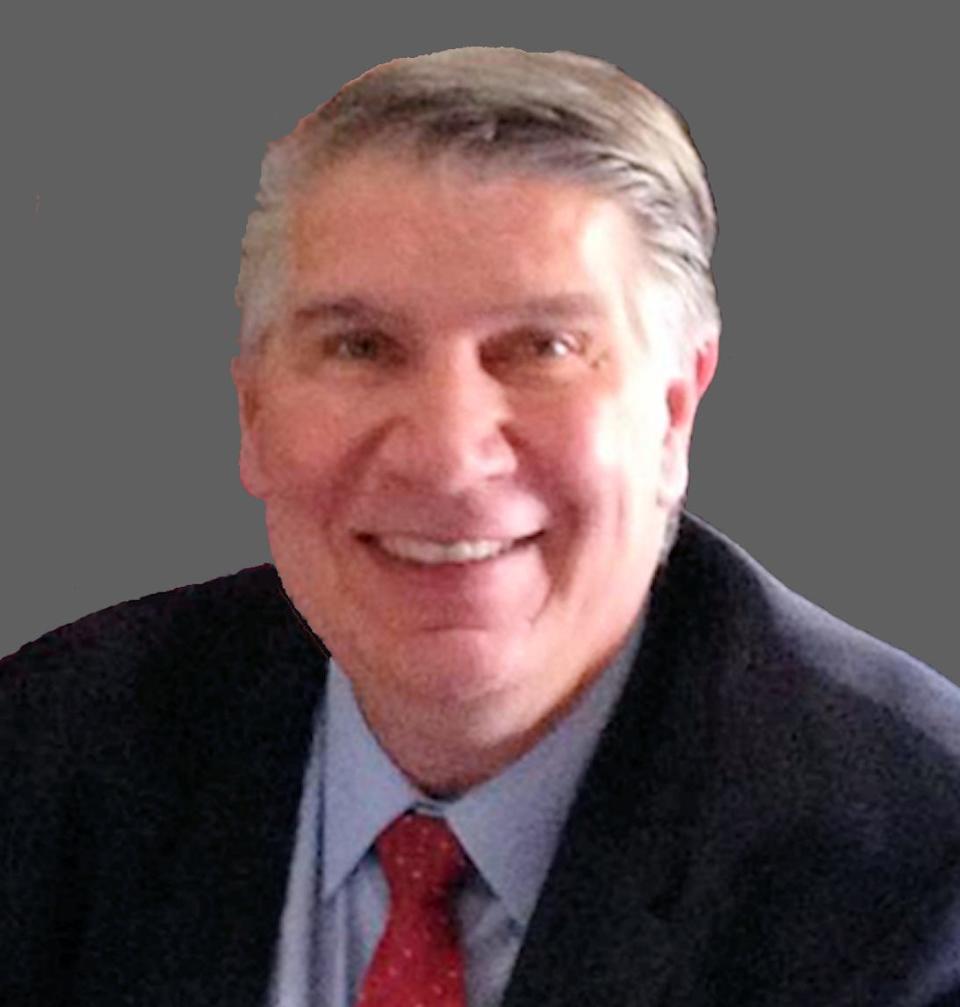Ernest Istook: Health proposals should not leave rural Oklahomans behind

All of Oklahoma benefits from good news about Oklahoma City’s economy, such as in Steve Lackmeyer’s recent article (“Building Boom: Billions being spent on construction in OKC”).
This metro-area growth creates opportunities statewide. Yet, rural Oklahomans still face historic challenges, especially with health care, and they comprise about a third of residents in the state. With the estimated state population now above 4 million, this means the well-being of about 1.3 million people depends on rural providers.
A recent study concluded that 37 of the 78 rural hospitals in Oklahoma are at risk of closing due to financial problems, with 24 at “immediate risk.” They would join nine that have closed since 2005.
Unfortunately, some proposals to control federal health spending would make their finances worse. A major offender is so-called “site-neutral” policies being pushed for Medicaid (SoonerCare) and Medicare, which would disproportionately impact those living outside the urban/suburban footprints. Those are a lopsided remedy for a legitimate problem in the national budget.
Health care is 29% of federal spending and rising. Latest official figures (for 2021) show combined annual Medicaid and Medicare spending of $1.635 trillion (growing 8%-9% a year) compared with $1.645 trillion paid by private insurance and individuals.
The cost to taxpayers constantly sparks proposals to “manage” care, or to impose government price controls ― almost everything except to remove the red tape that strangles providers. These regulations drive up costs for all patients.
Medical bills also climb because government pays only 84% to 85% of the cost to treat Medicaid and Medicare patients, so that hospitals are underpaid over $100 billion a year for treating them, according to the American Hospital Association. Costs are shifted by charging other patients more to make up the difference.
Sadly, today’s fad in Washington is to address this with more red tape. Making Medicaid and Medicare payments “site-neutral” sounds deceptively simple and good. The concept is that federal programs would reimburse an identical amount for each medical service regardless of where the service is provided.
The rub is that rural hospitals and clinics cannot achieve the same economy-of-scale as those which serve a larger number of patients, are not staffed 24/7, and do not provide overnight beds for in-patients. Instead, rural facilities are expected to provide multiple types of care, ranging from out-patients, emergencies, in-patient and routine non-acute care.
Providing broader services makes it impossible to keep costs as low as specialty clinics in larger communities. Despite the superficial appeal of “site-neutral” payments, it is comparing apples with pomegranates to expect a rural center to operate with the same overhead as a more-focused clinic. Lowering the payments to rural Oklahoma hospitals could push their strained budgets right over the cliff.
Who is pushing site-neutral concepts? In part, it is groups rightly worried about the massive federal deficit and the immense government spending on health care. But others are the advocates of “single-payer” healthcare, where government takes over everything, as in Great Britain, Canada, Sweden and other countries. Many of them believe that crashing private medicine will drive the system into the arms of full government control. It’s no surprise that a chief sponsor of site-neutrality legislation is Sen. Bernie Sanders (I-Vermont).
Government payments of course should not reward anyone who overcharges for medical care. But neither should rural hospitals be expected to survive if they are punished for providing the broad-based care that their communities need.
As proposed, “site-neutrality” needs refining. One Oklahoma congressman, Kevin Hern, is in a strong position to help, as a Health Subcommittee member of the House Ways and Means Committee. Congress must beware of such simplistic so-called cure-alls. As H.L. Mencken said, “For every complex problem, there is a solution that is simple, neat, and wrong.”

Former U.S. Rep. Ernest Istook represented urban and rural areas in Oklahoma’s 5th Congressional District for 14 years.
This article originally appeared on Oklahoman: Rural hospitals can't survive if punished for care its community needs

